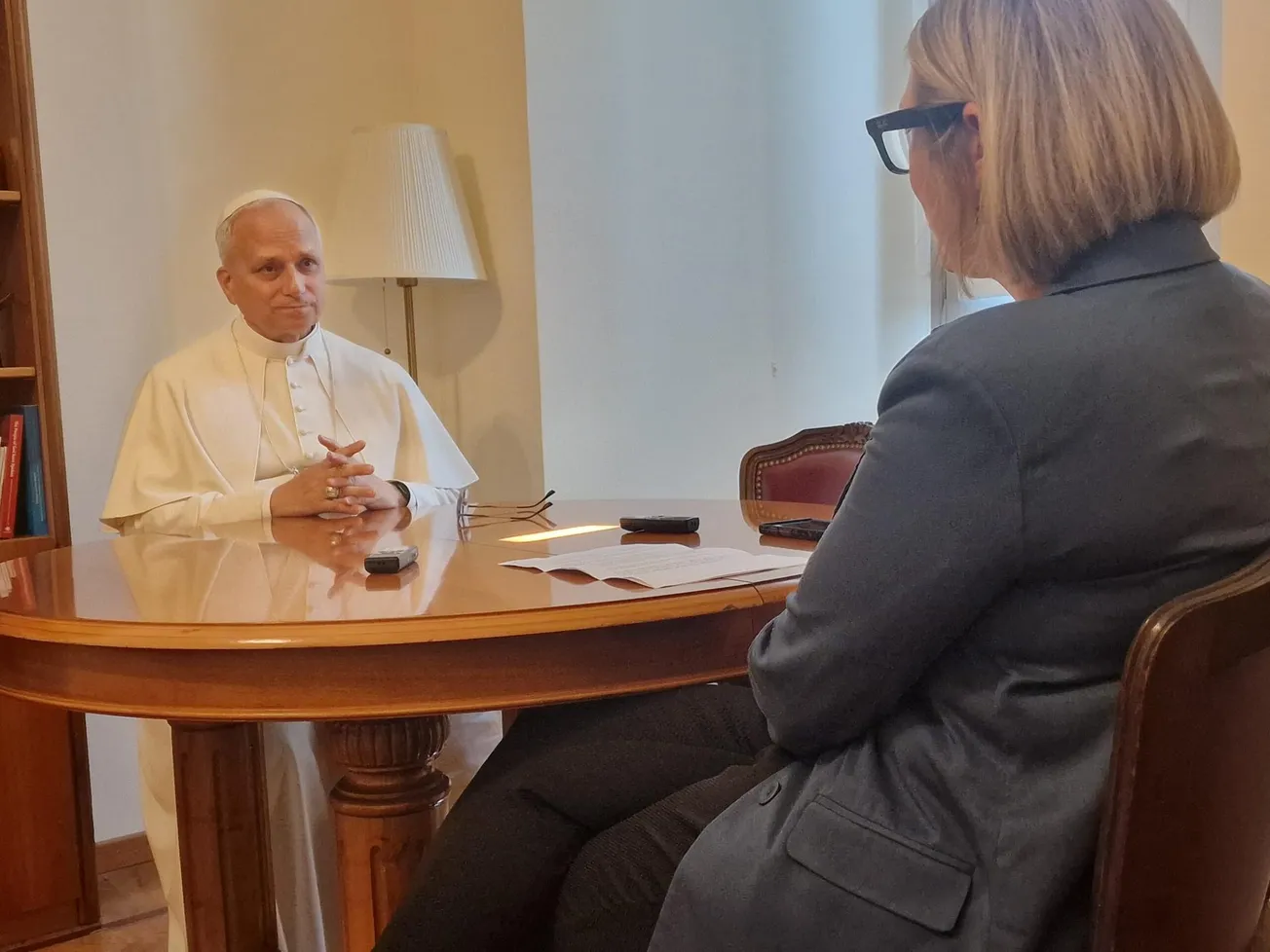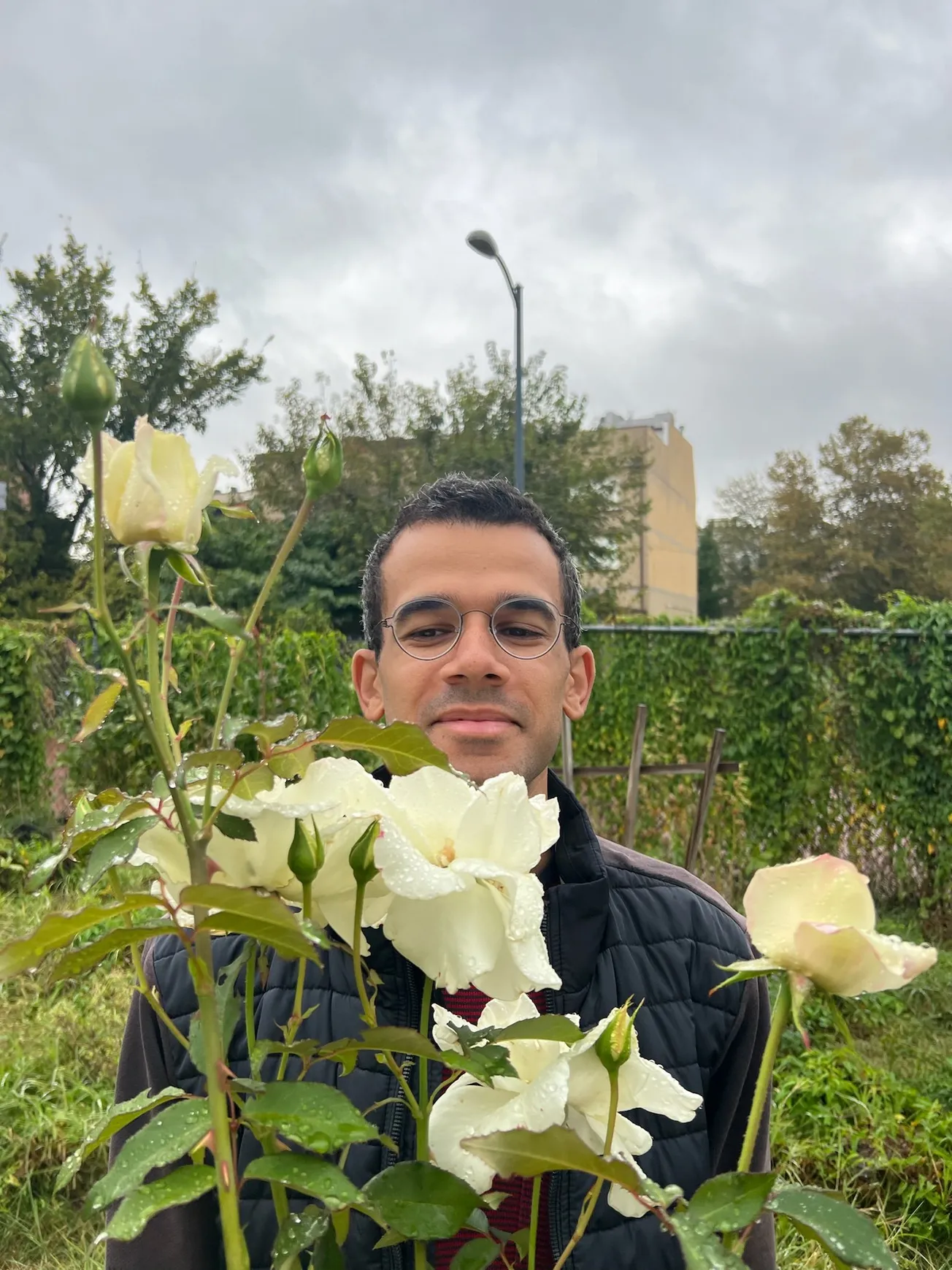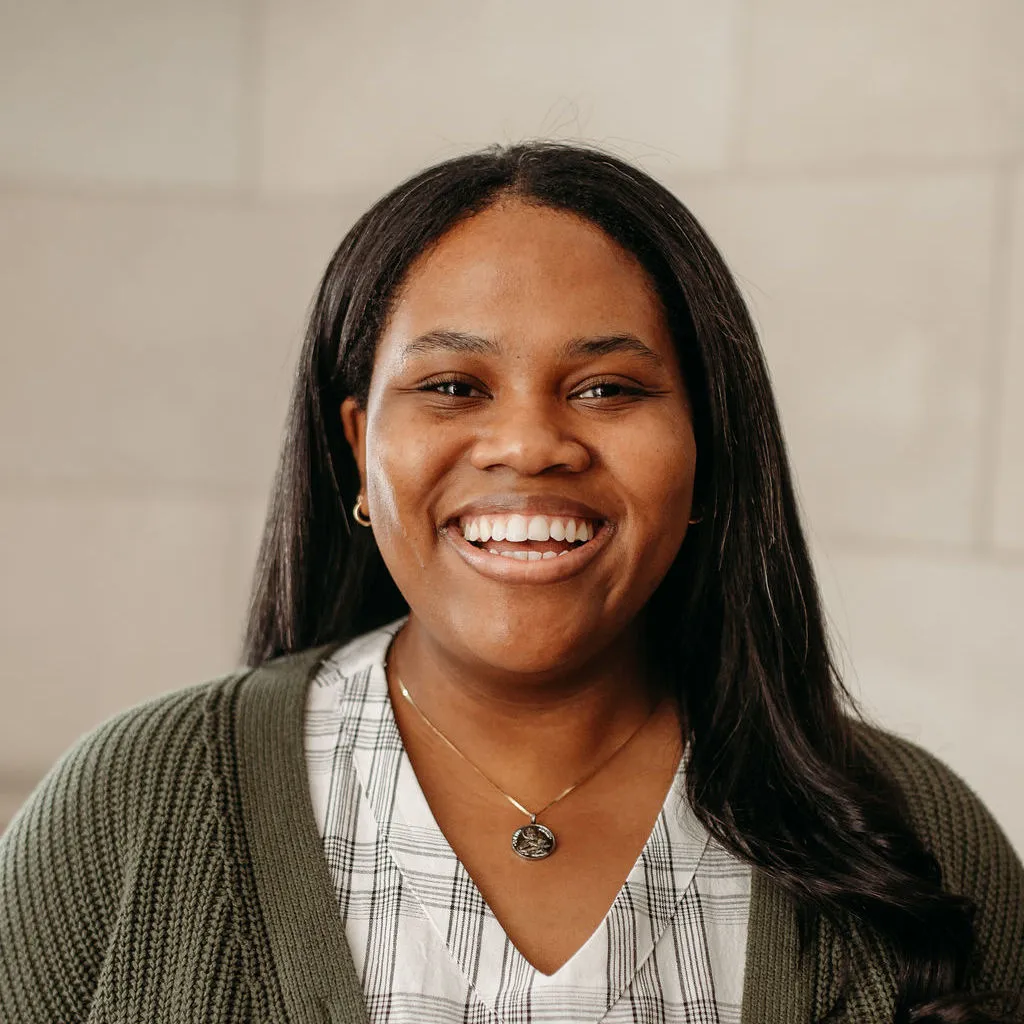Editor’s note: In July 2021, Black Catholic Messenger published a story on the situation of Ashley Paul, then a rising junior at St. Mary’s High School in Colorado Springs, Colorado. An African American of Haitian descent, Paul had faced racist taunting at her small Catholic school, including being called an anti-Black racial slur. She faced an uphill battle in convincing administrators and diocesan officials of the need for change. Now, as a 2023 graduate of the school, she returns to share with Nate Tinner-Williams her continued struggle with St. Mary’s and with her Catholic faith.
This interview has been edited for length and clarity.
Nate Tinner-Williams: How does it feel to have stayed and graduated from St. Mary's? Did things ever improve after your previous experiences?
Ashley Paul: After the first article came out, a lot of the St. Mary's community was not very happy with what I had to say. Before school even started, I got yelled at by some of the parents. My article got shared in their Facebook group, and basically, a lot of parents were justifying their kids’ behavior and minimizing my experiences. But some of my friends’ parents defended me, and I'm very grateful for that. Once school started, a lot of kids stopped talking to me. Some kids made social media accounts just to say rude stuff about me. Some kids were calling my article a joke. There was one platform where you could send anonymous submissions, and they were mostly about me.
NTW: What did the school do to address any of this, if they did anything at all?
AP: I don't know. They just wanted to have the account deleted, but they didn't do anything specific about what was said about me, if that makes sense.
NTW: Was any of it something that needed to be reported to the authorities? Or did it not rise to that level?
AP: I don't think it rose to that level. But I don't know what can go to the authorities. Like, the worst thing that was done was that I was called the N-word.
NTW: Again.
AP: Yeah.
NTW: Wow. So given that fact and the reaction that you received from the school—or lack thereof—what would you say your perception of justice is in a Catholic educational context? What do you feel could have been done to help you in your situation?
AP: My perception of justice within not only Catholic education but the local Catholic community in general—I would say it's quite lacking, especially when seen from a racial lens. I understand that I'm part of a small minority at my school, but my school, they prioritized the comfort and the happiness of White students over mine. I felt like I had to deal with the [solution], but when I asked for assemblies talking about race and stuff, it would always be shot down.
Another example of the backlash: the [BCM] article came out the summer before my junior year. That year was extremely difficult. I had marijuana placed in one of my textbooks.
NTW: Wow.
AP: And then the effort that my friends and I put into the Diverse Student Alliance Club, it kind of fizzled out because every time we asked to bring a guest speaker—the associate dean of Diversity, Equity, and Inclusion at Colorado College was willing to come to my school, but then my school said no. Or when my friends and I wanted to do a video presentation about microaggressions. It was shot down. And then my senior year, there was really no point in doing diversity club because we literally couldn't do any school activities.
NTW: Why was that?
AP: They would never give me a solid answer. Just every time I would ask, nothing would happen. And in my opinion, I think that it was just because it would rile up the other students. Like when our diversity club got a complaint saying that it was an anti-White, racist club that hates White kids, even though the majority of the club’s members were White students and we never did anything to antagonize White students. It's just that every single effort for diversity made these White students mad or uncomfortable, and I think my school would rather prioritize them than the minority experience.
NTW: I see. Were there any bright spots despite that experience? Did you find any allies in the staff or faculty?
AP: Something like half the staff of my school left between my junior and senior year, and a lot of those teachers that left were the people who were my allies. But I definitely continued to find allies within the theology department, specifically with my teacher, Mr. [William] Rose, and Fr Joe Dygert. And then I felt like I synced somewhat with a new teacher. Her name was Mrs. [Katie] Ghent. She was my English teacher this year.
NTW: Do you know why so many teachers left?
AP: I feel like it was just dependent on the teacher, but a lot of them weren't happy with the new outlook that my school was going with. Does that make sense? A lot of my teachers weren't necessarily happy with the administration, I'd say.
NTW: I see.

NTW: in addition to connecting with those few teachers who supported you, what were some ways that you were able to maintain your peace and find purpose?
AP: I found peace within my communities outside of school. I participated with the Colorado Springs Council of Black Catholics, and I'm the junior vice president right now. Being a part of that community. I know that there isn't a big Black Catholic community in Colorado Springs, but getting to meet with those ladies meant a lot to me because I felt like my concerns and my experience within Catholic schools were validated, and they made me feel like I wasn't the only person who had the same disappointment, I'd say, within the Catholic faith.
NTW: Did you also receive support from Black Catholics outside of Colorado Springs?
AP: I would say from you and, after my article came out, I got to talk with some of the Black alumni from my school, and one of them is a teacher at a Catholic school in Denver. He invited some kids from our diversity club to their school’s Diversity Day in Denver, which was a wonderful experience. His name was Ryan Taylor. To see that there are Catholic schools out there that actually do care about equity and inclusion.
And while I was there, I got to meet Gloria Purvis. I got to talk to her a little bit and that was very nice.
NTW: That's incredible.
Do you think more Catholic schools should have diversity clubs and other DEI programs?
AP: 100% yes. I think that Catholicism in America tends to be predominantly White. There needs to be more of an effort to include those of diverse backgrounds to show that God's love is for everyone. My experience within Catholic school made me really question my faith. And I don't know if I wanted to have that label “Catholic,” because I really wrestled with the question: how can I be Catholic when a lot of people who I know are Catholic are so ignorant?
NTW: Have you been able to answer that question any more for yourself up to now?
AP: That's a good question. I do like the Catholic faith, if that makes sense, but the sense of community in the people is where I struggle, and I think I need to work on my own spiritual journey and finding God from myself instead of based on other people.
And I don't know how I'm going to necessarily approach that now, but I feel like I want to have a different experience, especially within church. I feel like when I go to church, it just makes me sad because, especially when I was younger, I would altar-serve, I would do readings, I would try to stay at church all the time. I taught at Sunday school, too. And I still felt like I couldn't get that sense of community within the Church. So maybe if I went to a predominantly Black church in a different state… But for now, I feel like I need to distance myself and find faith within myself.
NTW: I totally understand that feeling.
If you could tell the US Catholic bishops anything about your experience in Catholic education, in Catholic schools, what would it be?
AP: I would tell them that not only within an educational lens but within a community and church lens, the Catholic Church needs to put more effort into including those of different backgrounds. I feel like the Catholic Church is not outspoken when it comes to issues of race, like police brutality and immigration. And I think that if you're silent about something, that makes you somewhat complicit. I just wish that there was more of an effort to show that the Catholic Church cares.
NTW: Absolutely. I totally agree.
So what's next for you in your educational journey?
AP: I will be going to Colorado College in the fall, and I plan on majoring in international relations. Based on my experience in Catholic school in Colorado Springs, I would like to help in creating diversity clubs to advocate for minority students of diverse backgrounds and identities. I would like to continue doing that, but on a bigger and more international level as a career.
NTW: That's an incredible career path. I think you'll do great in it.
Colorado College, I assume it's predominantly White?
AP: Yeah, and it's really wealthy. But I was in a program at the school and we got to meet some students who are people of color, so I think that I'll find my group of people there for sure. I definitely plan on joining groups like the Black Student Union, and they have a scholar program for minority students.
NTW: Wonderful. That is great news.
Is there anything else you want to share?
AP: I would like to say that I do not share my experience out of malintent. I feel like a lot of people at St. Mary's thought that, especially the parents who would yell at me. I'm not trying to ruin the reputation of my school. I just want things to get better. Things need to improve and I feel like when I was just talking within the community, stuff wasn't getting done. But when I was able to reach out to you, some efforts were actually being made. I'm very grateful.
NTW: Well, I'm glad to have played even a small part in helping things improve there. I know that everything you did also is going to leave a legacy, because you won't be the last Black student there. You won't be the last minority student, and every little thing you did to help is going to help those students, even if the school still struggles in the future.
AP: Yes, I really hope it gets better for the future minority students of St. Mary's High School. I definitely think that if the first article didn't come out, I have no idea. I feel like my experience would have been worse. I’m really so grateful.
NTW: Thank you so much for sharing your story then and for sharing more of your story now.
Nate Tinner-Williams is co-founder and editor of Black Catholic Messenger.









